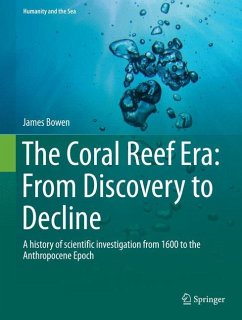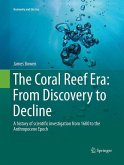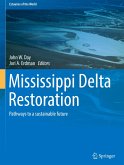On 4 June 1629, the Batavia, pride of the Dutch East India Company Fleet, was wrecked on her maiden voyage in a seemingly empty expanse of the Indian Ocean. The question "how did this happen?" led to 300 years of investigation by those curious to solve the enigma: what are corals and how are coral reefs formed?.
Relying heavily on primary source material Part 1 traces the sequential evolution of scientific thought and practice as the author explores the way this evolution is reflected in the search for understanding corals. At each stage, answers lead to fresh questions that challenge investigators to solve the riddle and new branches of science emerge. Then, with the first enigma finally understood, a new enigma arose. Why are Reefs dying? Part 2 traces the range of problems that have emerged in the past 50 years as marine, ecological, reef and climate scientists attempt to put the pieces of the jigsaw together. Is there a new "canary in the coal mine" warning of the fate of the world as we know it if man's impact on his environment continues unchecked?.
Relying heavily on primary source material Part 1 traces the sequential evolution of scientific thought and practice as the author explores the way this evolution is reflected in the search for understanding corals. At each stage, answers lead to fresh questions that challenge investigators to solve the riddle and new branches of science emerge. Then, with the first enigma finally understood, a new enigma arose. Why are Reefs dying? Part 2 traces the range of problems that have emerged in the past 50 years as marine, ecological, reef and climate scientists attempt to put the pieces of the jigsaw together. Is there a new "canary in the coal mine" warning of the fate of the world as we know it if man's impact on his environment continues unchecked?.
"How long will the coral reefs of the world be alive? Australian ecologist James Bowen ... attempted to answer this question through a historical study of how knowledge of reefs and reef creatures has progressed. ... Those interested in coral reefs will find the Bowen volume extremely useful. Summing Up: Highly recommended. Upper-division undergraduates through faculty and professionals; general readers." (L. T. Spencer, Choice, Vol. 52 (12), August, 2015)








